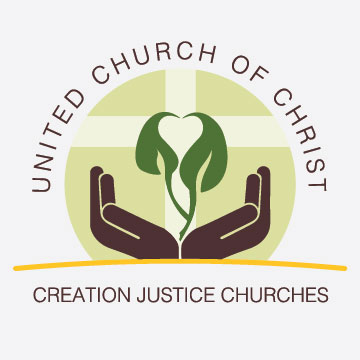Statistical Report: The Environmental Commitments of UCC Churches

Earlier this year, a task force created by the UCC Board of Directors to identify future priorities for the denomination announced the results of two surveys that found climate change to be the number one issue for the church to address according to respondents. The seeds for how the church of the future will address this issue can be found in the present. In addition to the leadership offered by the UCC Council for Climate Justice in raising climate awareness and organizing churches for action, statistics indicate a sense of where our denomination presently stands in terms of its environmental engagement. The following statistical report was recently submitted to the UCC’s Center for Center for Analytics, Research and Data:
According to research mostly conducted in 2016, 89 churches in the United Church of Christ have at some point gone through a process to be recognized or certified for their environmental commitments. These churches have an average membership of 339 members with some having as few as 24 members while others have as many as 1,656. In terms of regional location, 26 of the recognized churches are in the Connecticut Conference, 17 are in the Massachusetts Conference, 10 are in the Pacific Northwest Conference, and 9 are in the Penn Central Conference. In many cases, congregations were recognized by conference level Green Church designations, but some were also recognized through non-profit programs such as Earth Ministry in Seattle and GreenFaith in New Jersey. In 2016, the United Church of Christ national setting revamped and renamed its own environmental recognition program which is now known as Creation Justice Churches. Currently, seven congregations across the country have received this recognition.
In addition to recognition programs, churches in the UCC have manifested their environmental commitments in numerous other ways. According to present records, 91 churches have community gardens, 81 churches have solar panels, and 41 churches have divested from fossil fuels.
Update: As of September 2017, 112 churches have gone through a process to be recognized or certified for their environmental commitments.
Related News
Joy, Love, and Climate Action: A Church Draws from Ayana Elizabeth Johnson
At First Congregational Church, UCC, in Colorado Springs, CO, our Climate Justice Leadership...
Read MoreAn ally experiences PRIDE in the CLE
Advocacy and Action for Women's and Gender Justice Local events stir thoughts and...
Read MoreVote for Climate Hope Congregation Toolkit
After having witnessed the wonderful Climate Hope art of UCC children and youth, we are now...
Read More

